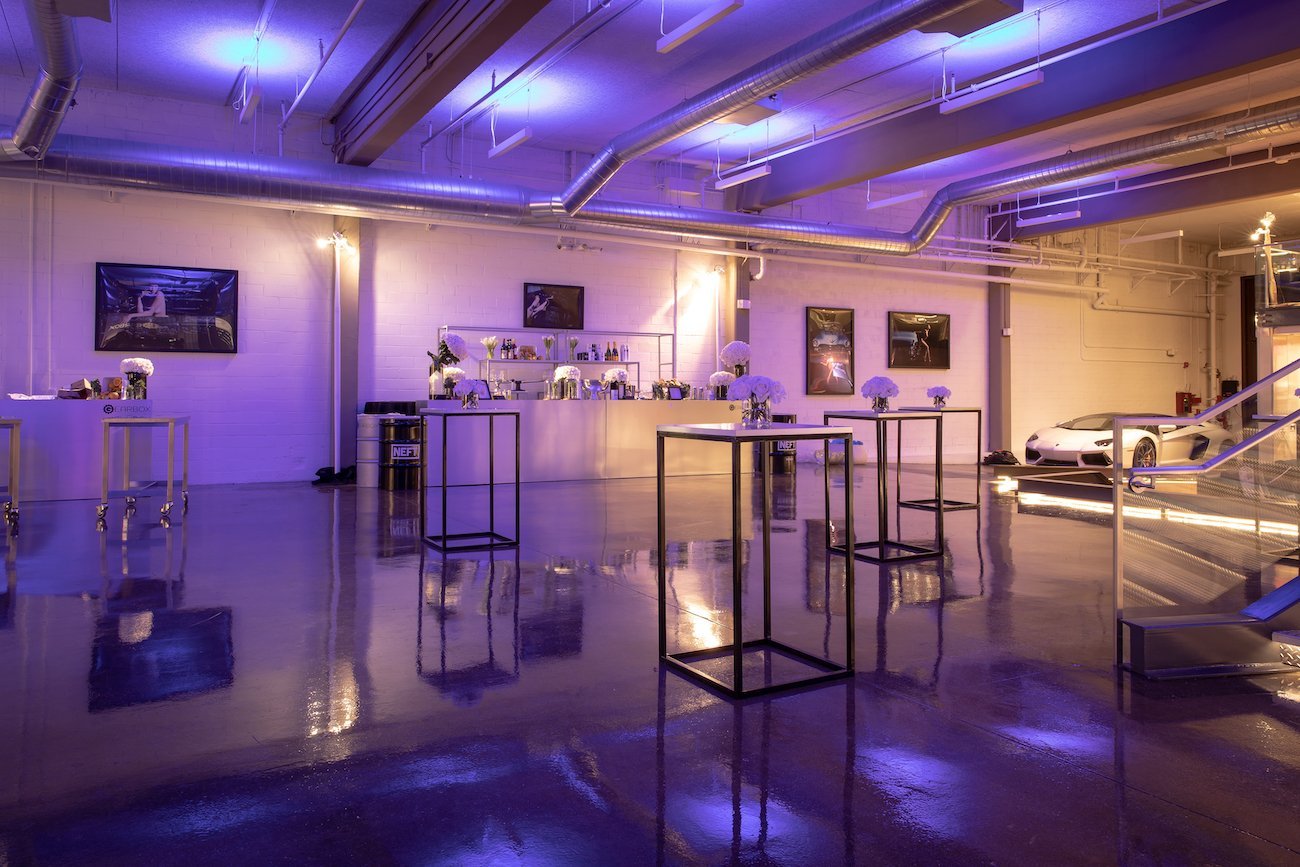How To Choose The Perfect Meeting Venue?
In today's fast-paced business world, meetings play a crucial role in bringing together teams, clients, and partners to discuss ideas, make decisions, and collaborate on projects. The success of a meeting often hinges on the environment in which it takes place. This is where choosing the perfect meeting venue becomes paramount. Whether you are planning a small team gathering or a large conference, the right meeting space can greatly enhance productivity and leave a lasting impression. In this article, we will explore what constitutes a meeting space, how to choose the ideal venue, the importance of meeting room facilities, and the key differences between meeting rooms and conference rooms.
What is a meeting space?
A meeting space is a designated area where individuals come together to hold discussions, presentations, or workshops. It can vary in size, from small rooms that accommodate a handful of people to large conference halls that can host hundreds. When choosing a venue for a meeting, there are several factors to consider. Firstly, location is key. You want to select a venue that is easily accessible to all attendees. If you are based in Los Angeles, for instance, look for a conference venue in Los Angeles that is centrally located and offers convenient transportation options. Additionally, consider the amenities and services offered by the venue. Does it have the necessary audiovisual equipment, high-speed internet, and catering options? These are all essential elements to ensure a smooth and successful meeting.
Choosing a venue for a meeting
One of the crucial aspects to pay attention to when selecting a meeting venue is the facilities it provides. Meeting room facilities can greatly impact the overall experience and effectiveness of your gathering. Make sure the venue offers comfortable seating arrangements, ample natural lighting, and proper ventilation to keep participants engaged and focused. Access to presentation equipment, such as projectors, screens, and sound systems, is also vital for sharing information effectively. Additionally, meeting rooms near me can be an advantage as they reduce travel time and make attendance more convenient for participants.
Difference between meeting room and conference room
Now, let's distinguish between a meeting room and a conference room. While the terms are often used interchangeably, there are slight differences between the two. A meeting room is typically smaller and intended for more intimate gatherings, such as team meetings or client presentations. It usually accommodates a limited number of people and provides a more informal setting. On the other hand, a conference room is larger in size and is designed to host larger-scale events like conferences, seminars, or workshops. Conference rooms often have more advanced audiovisual capabilities and can cater to a larger number of attendees. Understanding these distinctions will help you determine the most suitable space for your specific meeting requirements.
Meeting rooms facilities
When it comes to selecting meeting room venues, flexibility is key. Look for venues that offer meeting space rental options that cater to your specific needs. Some venues may provide various room configurations, such as boardroom-style, theater-style, or U-shaped setups, allowing you to choose the layout that best suits your meeting format. Additionally, inquire about any additional services the venue offers, such as on-site technical support or catering options. These extra conveniences can greatly enhance the overall experience for you and your attendees.
In conclusion, choosing the perfect meeting venue involves careful consideration of various factors, including location, facilities, and the distinction between meeting rooms and conference rooms. The right venue can create a productive and comfortable environment, fostering effective communication and collaboration among participants. When searching for meeting room venues, explore the options available in your area, such as conference venues in Los Angeles, and ensure they meet your specific requirements. By selecting a well-equipped and strategically located venue, you can set the stage for successful and impactful meetings that leave a lasting impression.
Frequently Asked Questions
Q: What is a meeting space?
A: A meeting space is a designated area where individuals come together to hold discussions, presentations, or workshops. It can vary in size, accommodating small groups or large conferences.
Q: How do I choose the ideal venue for a meeting?
A: When choosing a meeting venue, consider factors such as location, accessibility, amenities, and services offered. Look for a venue that is easily accessible to all attendees, provides necessary equipment like audiovisual tools and high-speed internet, and offers catering options if needed.
Q: Why are meeting room facilities important?
A: Meeting room facilities play a crucial role in the success of a meeting. Comfortable seating arrangements, proper ventilation, and ample natural lighting contribute to a conducive environment that keeps participants engaged and focused. Access to presentation equipment and other essential amenities ensures smooth information sharing and enhances the overall meeting experience.
Q: What is the difference between a meeting room and a conference room?
A: While the terms are often used interchangeably, meeting rooms and conference rooms have slight differences. Meeting rooms are smaller and suitable for intimate gatherings, such as team meetings or client presentations. Conference rooms, on the other hand, are larger and designed for hosting bigger events like conferences, seminars, or workshops, often with more advanced audiovisual capabilities.
Q: What should I look for in meeting room venues?
A: When selecting meeting room venues, look for flexibility in terms of room configurations, such as boardroom-style, theater-style, or U-shaped setups, to match your meeting format. Additionally, consider on-site technical support and catering options as extra conveniences that can enhance the overall meeting experience for you and your attendees.

